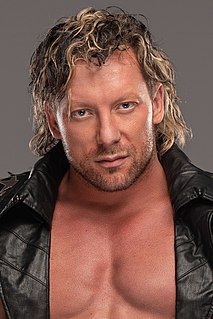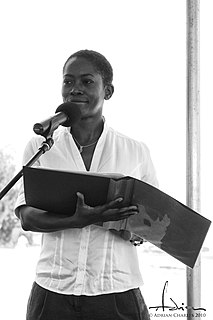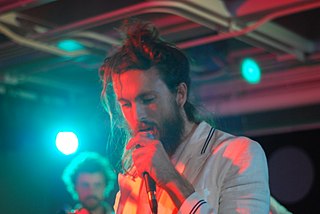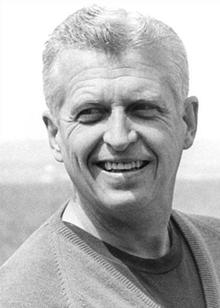A Quote by Catherine Wilson
The moves to contractualism and utilitarianism required some extra ingredients besides mortalism, the denial that God is in charge of the world, and the doctrine that physical and psychological pain are the greatest evils.
Related Quotes
Poetry has its uses for despair. It can carve a shape in which a pain can seem to be; it can give one’s loss a form and dimension so that it might be loss and not simply a hopeless haunting. It can do these things for one person, or it can do them for an entire culture. But poetry is for psychological, spiritual, or emotional pain. For physical pain it is, like everything but drugs, useless.
If you turn on the television, you'll find the mothers of the most obvious criminals that man could ever diagnose, and they all think their sons are innocent. That's simple psychological denial. The reality is too painful to bear, so you just distort it until it's bearable. We all do that to some extent, and it's a common psychological misjudgment that causes terrible problems.
And when we come to refute them, we shall show in its fitting place that this class of men [i.e., the gnostics] has been instigated by satan to a denial of that baptism which is regeneration to God, and thus to a denial of the whole faith [by denying all physical aspects of spirituality, including the incarnatian and bodily resurrection of Jesus].
God cannot suffer - at least not as we do. It has some roots in Greek philosophy: if God is a perfect being, suffering would reduce that perfection, so God cannot suffer. More thoughtful theologians take the phrase in the sense of one of the confessions of faith that talks of God as being "without parts or passions" - he is not physical as we are, and not subject to "passions" in the sense of uncontrollable emotions that can take charge of us at times. God is not "emotional," if that word is used as some kind of weakness.
Besides this earth, and besides the race of men, there is an invisible world and a kingdom of spirits: that world is around us, for it is everywhere; and those spirits watch us, for they are commissioned to gaurd us; and if we were dying in pain and shame, if scorn smote us on all sides, and hatred crushed us, angels see our tortures, recognize our innocence, and God waits ony a speration of spirit from flesh to crown us with a full reward.































